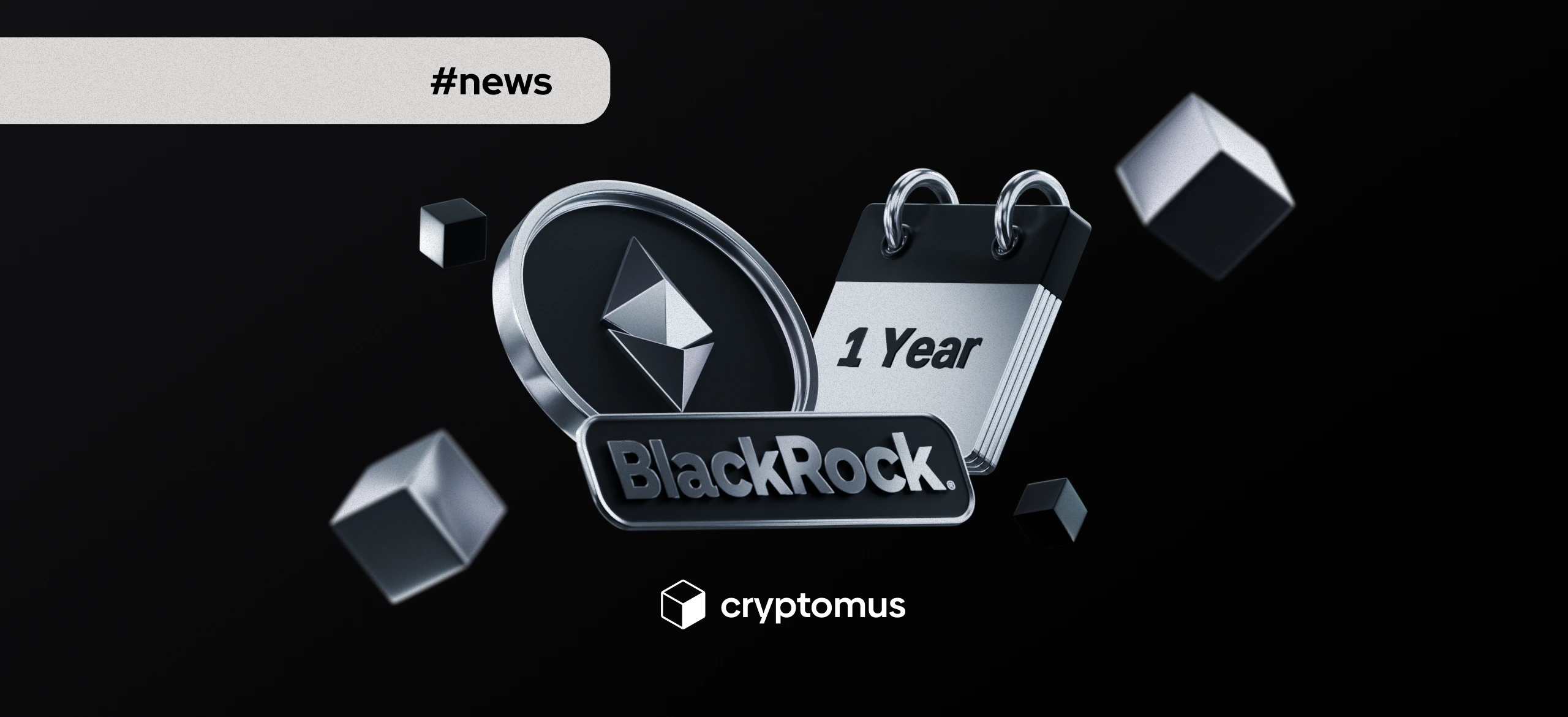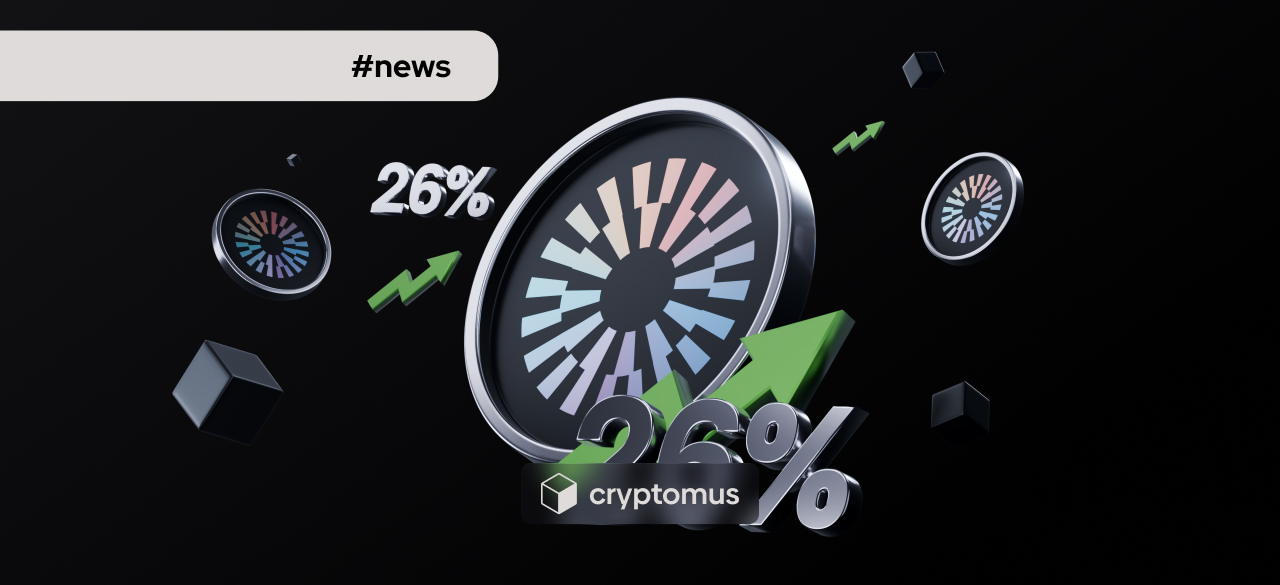
BlackRock’s Ethereum ETF Surpasses $10 Billion One Year After Launch
Table of Contents
BlackRock’s iShares Ethereum Trust (ETHA) has officially crossed the $10 billion mark in assets under management, just one year after its debut. While the broader ETF market has seen its share of crypto products surge and stall, ETHA’s momentum has been anything but typical. This milestone makes it the fastest non-Bitcoin crypto ETF in U.S. history to hit that level and the third overall across all categories.
Investor Confidence Shifts Toward Ethereum
Ethereum was once viewed mainly as a testing ground for smart contracts, decentralized apps, and network fees. But the sharp rise of ETHA toward $10 billion suggests a shift in perception. Major investors, including institutions, are now entering the market.
Eric Balchunas, ETF analyst at Bloomberg, reported that ETHA jumped from $5 billion to $10 billion in just 10 days. That pace is unusual in the ETF space, regardless of the underlying asset. ETHA now trails only BlackRock’s Bitcoin trust and Fidelity’s FBTC in speed to the $10 billion milestone.
This momentum reflects growing trust in Ethereum’s core strengths. As a proof-of-stake blockchain, it appeals to ESG-focused investors and those interested in long-term adoption. Its use in decentralized finance and tokenized assets adds to its real-world relevance.
Notably, ETHA’s surge is part of a larger trend. On July 17, Ethereum-based spot ETFs attracted over $600 million in a single day, exceeding Bitcoin ETFs for the same timeframe. Ethereum is increasingly stepping into its own spotlight.
ETF Structure and BlackRock’s Strategic Moves
In November 2023, BlackRock filed for the iShares Ethereum Trust, which was approved earlier this year alongside seven other Ethereum ETFs. The product itself is relatively straightforward. It tracks ETH’s market price and charges a 0.25% sponsor fee. What makes it notable is the way it's been packaged and introduced to investors.
ETHA relies on Coinbase Prime for custody, a strategic choice likely meant to appeal to more traditional investors who are new to digital assets. There’s also growing attention on what ETHA might offer next. BlackRock has applied for permission to stake a portion of the fund’s ETH, which would generate income from staking rewards. This move could turn ETHA from a passive price-based product into one that produces yield, offering new value to institutional portfolios.
The SEC has already clarified that staking rewards count as income, not securities. That ruling simplifies the path forward. If approved, this staking feature could give ETHA a real advantage in markets where yield opportunities matter.
Ethereum ETFs Continue to Gain Momentum
The success of ETHA reflects a broader trend. Ethereum ETFs have been attracting significant inflows, possibly exceeding early expectations. According to data from SoSoValue, Ethereum-based products have pulled in $4.7 billion in monthly inflows, with momentum continuing to build.
This growth points to a shift in how investors approach crypto. Bitcoin remains the entry point for most, but Ethereum is increasingly seen as the logical next step. It's no longer just about betting on price. Ethereum’s role in DeFi, tokenization, and smart contracts offers exposure to a broader set of use cases.
The move from Bitcoin-focused products to Ethereum-based ones, even if temporary, signals something deeper. Investors appear to be placing more value on real-world utility, network activity, and innovation rather than scarcity alone.
Of course, volatility is still part of the equation, and ETFs remain influenced by overall market sentiment. Still, Ethereum’s growing role is no longer theoretical. It is unfolding now, with BlackRock’s ETHA at the forefront.
Ethereum’s Growing Financial Role
Crossing the $10 billion threshold might appear symbolic, but it holds real significance. It reflects how seriously major asset managers are beginning to treat Ethereum. BlackRock’s commitment, supported by actual capital, reinforces this shift.
If current momentum continues, ETHA’s growth could lead to a new wave of products built on Ethereum’s foundation. More importantly, it suggests Ethereum is no longer being viewed as a second-tier asset. The market seems to support that view.
Simplify Your Crypto Journey
Want to store, send, accept, stake, or trade cryptocurrencies? With Cryptomus it's all possible — sign up and manage your cryptocurrency funds with our handy tools.
Get Started









